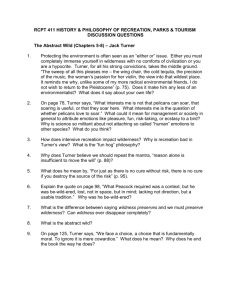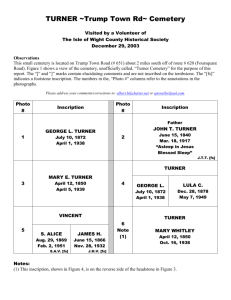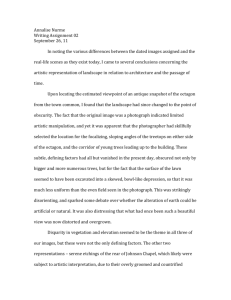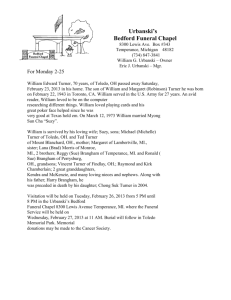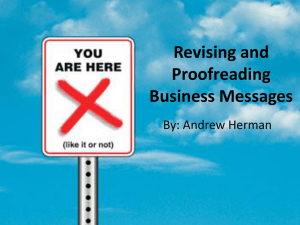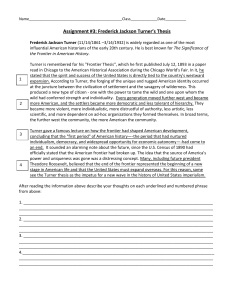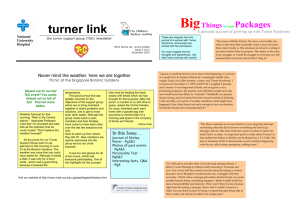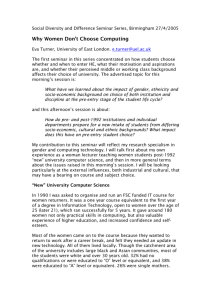BUSINESS COMMUNICATION – Unit 5 – Rules of good
advertisement
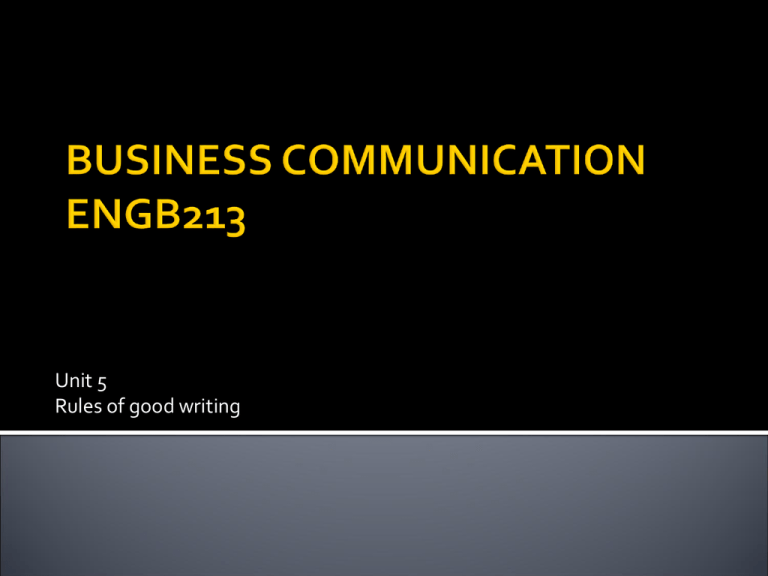
Unit 5 Rules of good writing Modern business communication Five key rules of good writing Jargon or gobbledegook Effective proofreading Composing letters - key points to remember Business communications can be written in a much more relaxed style than they were decades ago. Aim to put across message naturally, in a friendly, informal style. Use plain language as if you are having a conversation. 1. Come straight to the point Do not write long-winded documents. Be direct and to the point – but at the same time courteous. 2. Remember the KISS principle Keep It Short and Simple – short sentences and simple words. Don’t try to impress reader with big words. E.g: “at the present moment in time” - change it to “now” 3. Use active not passive voice Voice refers to the relationship of a verb to its subject. Active voice – subject does the action in the sentence. E.g: The marketing director completed the study. Passive voice – subject receives the action E.g: The study was completed by the marketing director. In these occasions: It may be better to make a particularly important noun the subject of the sentence, giving it extra emphasis. E.g: Our restaurant has been recommended by all the leading hotels in Singapore. When you want to place the focus on the action. E.g: The noise was heard all over the island. 4. Use the right tone Written communications may be worded so that they sound polite, friendly, firm, bossy, sarcastic, condescending, even rude. Wrong tone could cause offense to your reader. Even if you feel angry or frustrated, try not to vent your emotions in writing. 5. Use modern language The main rule of writing today is to write as you speak. If you find yourself writing something that you would not say to the person if you were having a conversation, then you should not be writing it either. Jargon – technical words or expressions used by a particular profession or group of people and difficult for others to understand – banking/computer/legal jargon Includes abbreviations – eg: MOHE Reader will either get bored and stop reading, or will spend a great deal of time trying to figure out meaning. Before – If there are any points on which you require explanation or further particulars we shall be glad to furnish such additional details as may be required by telephone. After - If you have any questions please call. Tips for effective proofreading 1. Avoid disturbances 2. Read the work out loud 3. Concentrate on one word at a time 4. Be methodical 5. Take a break occasionally 6. Look for inconsistencies 7. Print out hard copy for final proofreading Use short sentences 2. Choose simple words 3. Avoid wordiness 4. Use an appropriate tone 5. Be precise 6. Ensure accuracy 7. Check consistency 8. Use your initiative 9. Use active not passive voice 10. Write as you would speak 1. Dear Mr Johnson Thank you for your e-mail of even date. For the audit of Turner Communications Pte Ltd, kindly furnish us a copy of the company’s Balance Sheet, Expenses statements and all the invoices/bills (incorporation and legal fees, etc.) paid by the holding company to our office at the earliest. We will revert to you on the treatment of the Intangible Asset and the financials of Turner Communications Inc. as soon as possible. Should you have any queries, please do not hesitate to contact us. Best regards Bernard Williams Dear Mr Johnson Thank you for your e-mail today. For the audit of Turner Communications Pte Ltd, we will need a copy of the company’s Balance Sheet, Expenses statements and all the invoices/bills (incorporation and legal fees, etc.) paid by the holding company. Please send these to me as soon as possible. I will be in touch with you on the treatment of the Intangible Asset and the financials of Turner Communications Inc. Please give me a call on 032222222 if you have any questions. Yours sincerely Bernard Williams

